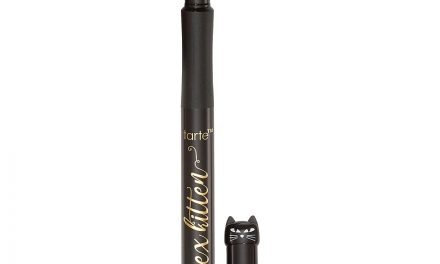
Painful foot cramps recently reminded me of how important it is to stay hydrated. When I’m under-hydrating, I also see the telltale signs in my skin condition and the harsher-than-usual appearance of the fine lines under my eyes. Nothing like foot cramps and vanity to motivate me to drink more water!
So, What Does It Mean to Be Hydrated?
Hydration is the balance of fluids in the body, also known as water homeostasis.The body takes in and maintains a steady level of water in its tissues and organs, down to the level of the cell. When you use or lose more fluids than you take in, dehydration occurs.
Why is proper hydration important? Because our internal water supply serves many functions, including nourishing our cells, muscles, tissues, and skin. It lubricates our joints and helps us get rid of body waste. It also regulates our body temperature. The average percentage of water in the human body reports that we are mostly water, with an average of roughly 60%.
Why does hydration awareness become even more important as we age? For one, our thirst and hunger signals diminish as we get older, so we may be less likely to take in enough fluids to maintain hydration. Those with dementia or brain injuries, like stroke, may experience a loss in their ability to feel thirst. Also, changes in our body composition (less muscle/more fat) result in less water in our bodies. Medicines that affect fluid imbalance in the body factor into our hydration status as well.
Even Mild Dehydration Affects Our Brain and Body
Many studies have found even mild dehydration can affect our strength, endurance and cognitive performance. Clearly, proper hydration is a key component of our health. Here are a few symptoms one could experience when under-hydrated:
- Muscle weakness
- Tiredness
- Light-headedness
- Constipation
- Dry Mouth
- Inability to focus
- Short-term memory loss
- Lack of alertness
- Confusion
- Headaches
- Dark-colored urine/low output
- Dry skin/reduced elasticity/dry lips
A simple way to check your hydration status is to pinch the skin on top of your fingers. If sufficiently hydrated, it should return to normal within about 5 seconds.
How Much Do We Need and What Counts as Fluid?
Many have heard the myth that you need to drink 8 (8 oz.) glasses of water a day, but one size doesn’t fit all. According to Active Aging the daily amount of water a senior should drink depends on body weight, age, medication use, and fitness and activity levels. As a general guideline, divide your weight in half to calculate your daily water intake in ounces.
Another easy and useful guide in evaluating proper hydration is to observe the color of your urine. Shoot for a pale straw yellow color. And don’t forget to increase your fluid intake when you sweat more because of hotter temps or intense exercise.
You may not realize that fluids other than water also count towards daily hydration goals, including your morning cup of coffee or tea. While you may have heard caffeinated beverages (like coffee and tea) have a diuretic effect (makes you pee), research suggests the effects are too mild to cause dehydration.
Liquids in foods with high water content, including fruits and vegetables such as oranges, watermelon, strawberries, cantaloupe, tomatoes, and zucchini, also count toward replenishing our internal water supply.
Whether you’re a sipper or a gulper (sipping may provide more benefit), do your best to meet your hydration goals throughout the course of the day. It’s a good practice to consume most of your fluids prior to 3 to 4 hours before bedtime to avoid frequent bathroom visits in the middle of the night. Also, if you take part in high-intensity exercise and sweat a lot, you may need to replace electrolytes as well.
A Word or Two on Water Quality
Be mindful of the quality of the water you consume. Even something as simple as cleaning the faucet head you’re drinking from (helps water pressure as well) can be helpful in maintaining water quality. The following hyperlinks provide additional information that may assist you in evaluating your water sources:
- CDC Drinking Water Frequently Asked Questions.
- Choosing Home Water Filters & Other Water Treatment Systems.
- Is Bottled or Tap Water Better for Your Health?
All Living Things on Earth Need Water
Water is essential for life, our physical and mental health, and our general well-being. Hopefully, this post has accomplished the intended effect of increasing awareness around hydrating for optimal health!
Author’s Note: The hyperlinks contained within this article (or their subsequent hyperlinks) are for information and convenience only. The author of this article makes no representations or guarantees as to the accuracy of their content or the safety of their use.
Please Join in the Conversation:
Has dehydration ever affected your health and if so, how? Are you making an effort to properly hydrate daily? What tips can you share to help meet daily hydration needs?





